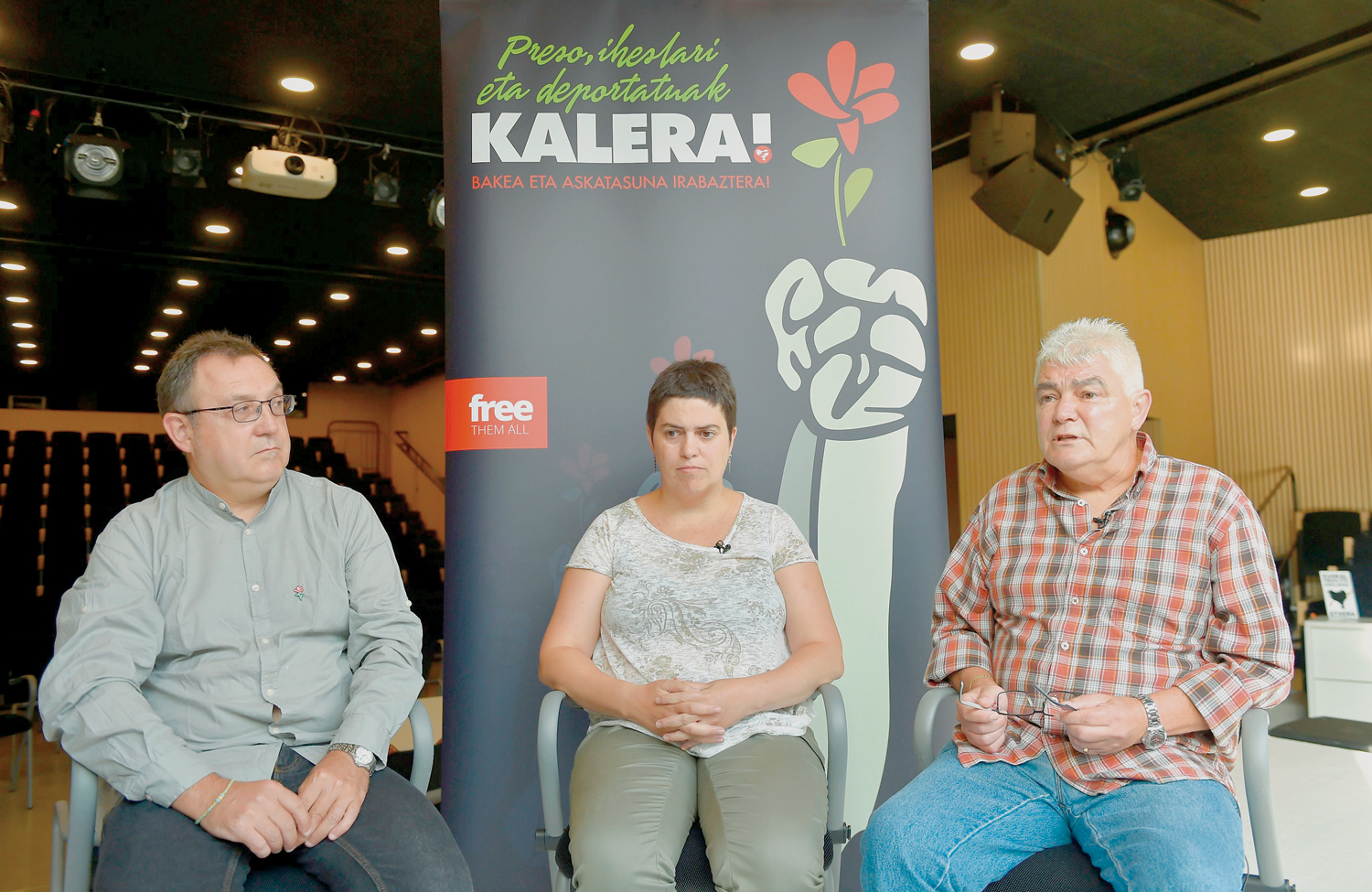

SAN SEBASTIAN, Spain: Antton Lopez Ruiz spent over 26 years in jail for his deadly militancy in Basque separatist group ETA. While that part of his life is over, his desire for independence is still very much alive.
“When someone comes to me and tells me ‘you killed’, it’s indisputable,” says Lopez Ruiz, 64, who agreed to speak with AFP along with two other former members of the Basque separatist group, Oihana Garmendia and Carlos Saez de Eguilaz.
“There are times when you say, ‘ok this I wouldn’t do again’, but those things I wouldn’t do again aren’t strong enough for me to negate my life of militancy,” he adds, without giving further details.
Lopez Ruiz is particularly notorious for shooting dead Maria Dolores Gonzalez Catarain, known as Yoyes and who had been a leader of ETA before ditching it, in 1986 in the presence of her young son.
“We know we did harm, we take responsibility for it,” he says, sitting in an office of Basque separatist party Sortu in San Sebastian, where he, Garmendia and Saez de Eguilaz now campaign for better treatment for 268 of their peers who remain in prison.
The 1987 attack on a supermarket in Barcelona that killed 21 people — ETA’s deadliest — was “a strong blow” to the organisation, he says.
But “the Spanish state also has victims, it did harm but it doesn’t want to recognise it,” he says, as France and Spain prepare on Monday to mark their cooperation in fighting the now-disbanded group in Madrid.
ETA is blamed for the deaths of at least 853 people and some 300 crimes remain unresolved.
On the other side, paramilitary anti-ETA death squads or far-right groups that emerged in the 1970s and 1980s are estimated to have killed some 62 people.
According to a report commissioned by the Basque regional government, more than 4,100 complaints of police torture were also made between 1960 and 2014.
The repression of Basque identity waged by Spanish dictator Francisco Franco is often cited as a reason why people joined ETA, founded in 1959.
Public use of the Basque language was banned, and Lopez Ruiz says merely wearing a red, green and white jumper — the colours of the Basque flag — could get you detained. — AFP
Oman Observer is now on the WhatsApp channel. Click here



